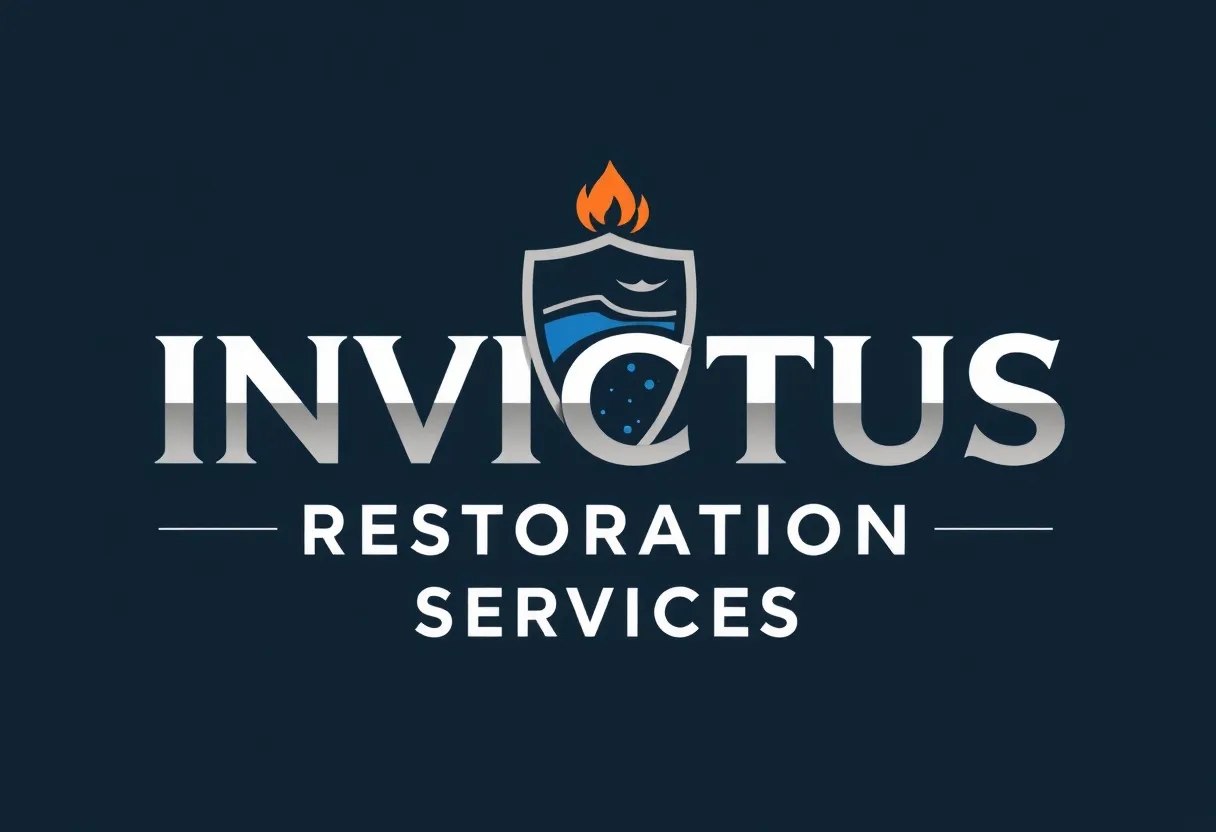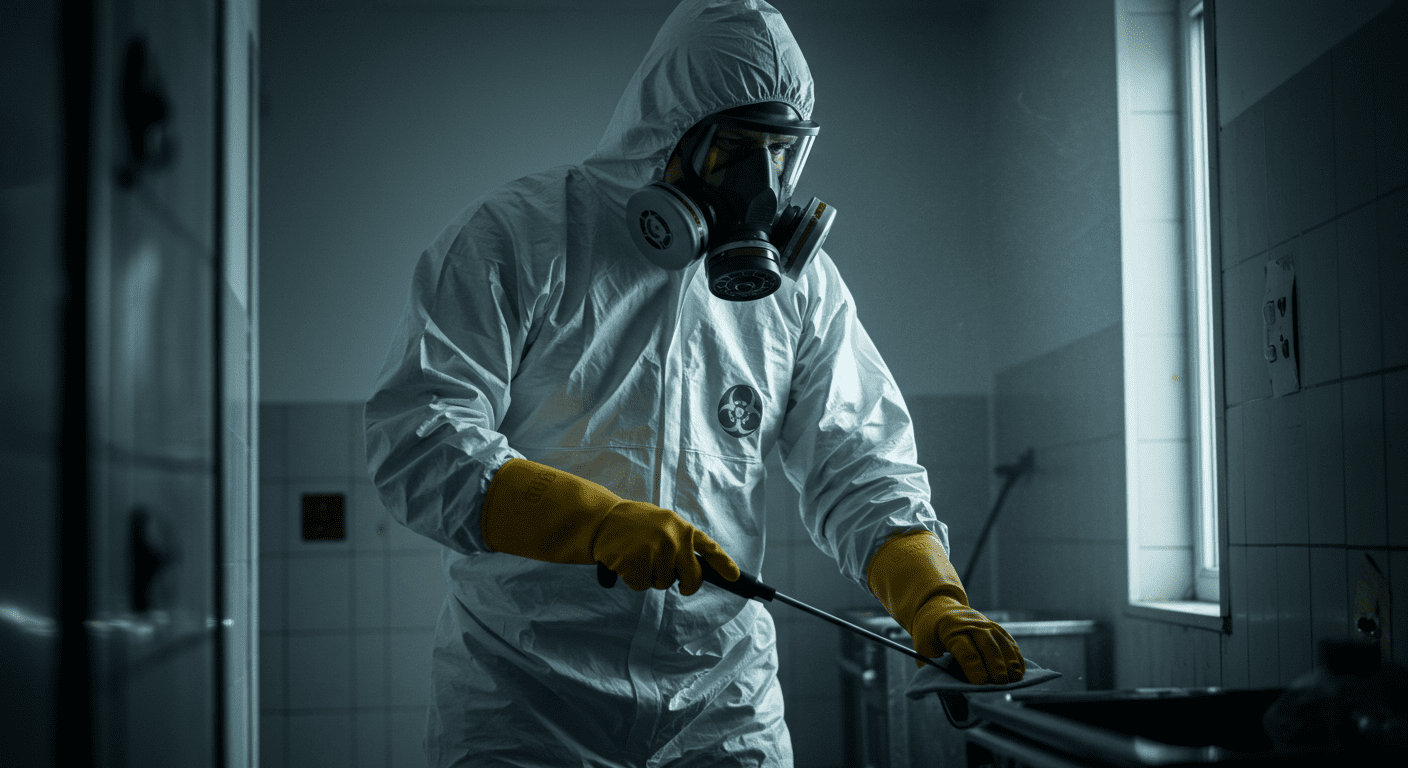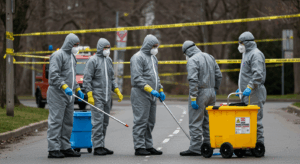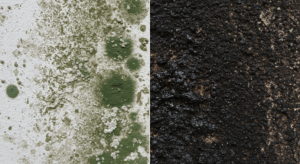Biohazard cleanup is a critical and highly specialized profession that requires a deep understanding of safety protocols, compliance standards, and industry certifications. In Cheyenne, WY, professionals in this field are tasked with handling hazardous materials, ensuring public safety, and restoring affected areas. This guide explores the essential certifications, training requirements, and safety protocols needed to excel in biohazard cleanup.
Understanding Biohazard Cleanup Certifications
Overview of Biohazard Cleanup
Biohazard cleanup involves the safe removal and disposal of biological and hazardous materials, such as blood, bodily fluids, and other potentially infectious substances. This work is essential in crime scenes, trauma incidents, and areas affected by infectious diseases. Professionals in this field must adhere to strict safety standards to protect themselves and the public.
Importance of Certifications in the Industry
Certifications are crucial for biohazard cleanup professionals as they demonstrate expertise, compliance with regulations, and a commitment to safety. They ensure that individuals are equipped with the knowledge and skills to handle hazardous materials effectively. Moreover, certifications build trust with clients and regulatory bodies, establishing credibility in the industry.
Key Certifications for Biohazard Cleanup Professionals
IICRC Certification: What You Need to Know
The Institute of Inspection, Cleaning, and Restoration Certification (IICRC) is a globally recognized organization that sets standards for cleaning and restoration industries. The IICRC’s Trauma and Crime Scene Cleanup certification equips professionals with the skills to handle biohazardous materials safely. This certification covers topics such as decontamination, personal protective equipment (PPE) usage, and waste disposal.
ABRA Certification: Ensuring Compliance and Safety
The American Bio-Recovery Association (ABRA) offers certifications that focus on biohazard remediation and recovery. ABRA-certified professionals are trained to manage hazardous materials, comply with federal and state regulations, and implement advanced cleaning techniques. This certification is particularly valuable for professionals seeking to specialize in biohazard cleanup.
Training Requirements for Biohazard Cleanup in Cheyenne, WY
HAZWOPER Training: Essential Courses Explained
The Hazardous Waste Operations and Emergency Response (HAZWOPER) training is mandated by the Occupational Safety and Health Administration (OSHA) for professionals handling hazardous materials. This training includes 40-hour, 24-hour, and 8-hour refresher courses, covering topics such as hazard recognition, emergency response, and decontamination procedures. HAZWOPER training is essential for ensuring safety and compliance in biohazard cleanup.
Specialized Training for Unique Hazards
In addition to general certifications, biohazard cleanup professionals may require specialized training for unique hazards, such as chemical spills, infectious diseases, and mold remediation. These training programs provide in-depth knowledge and practical skills to address specific challenges, ensuring comprehensive and effective cleanup.
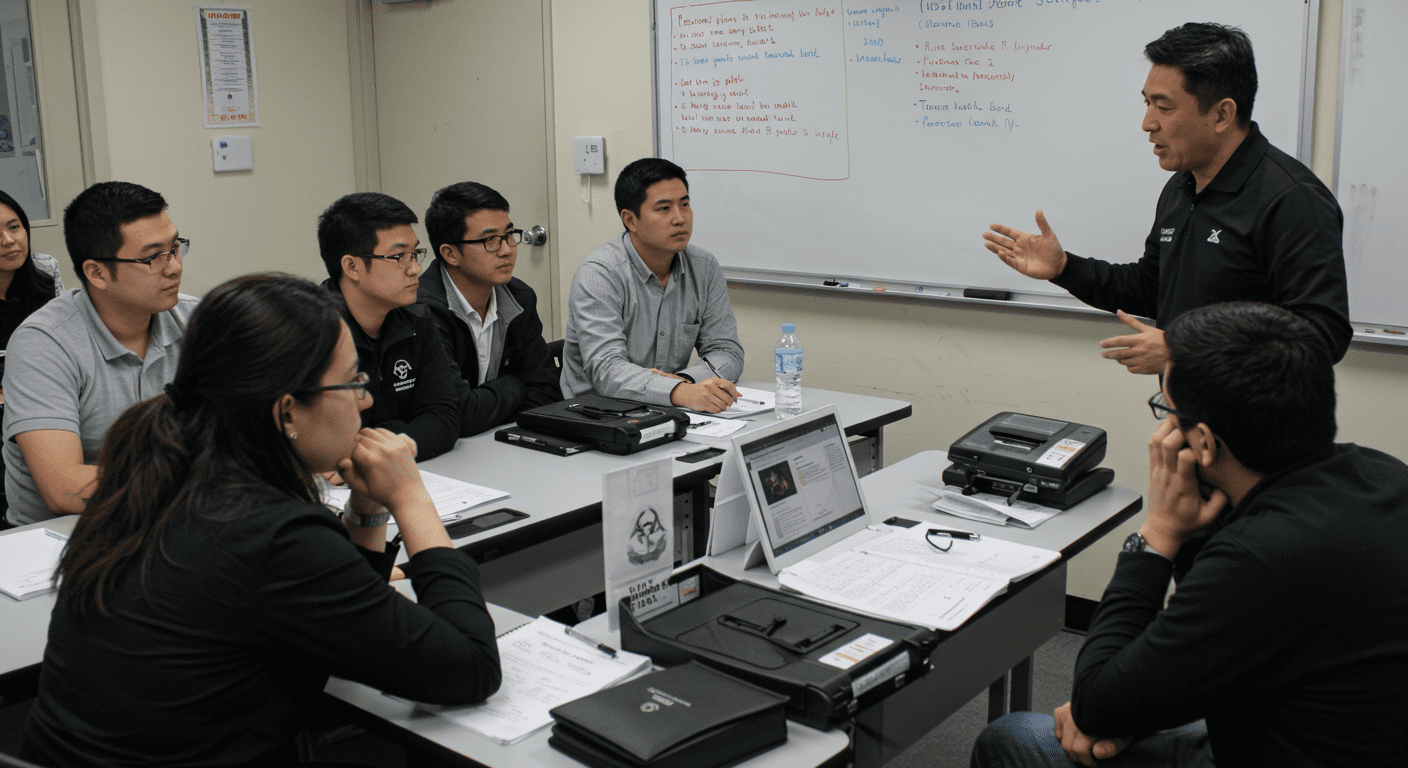
Safety Protocols and Compliance in Biohazard Cleanup
Adhering to OSHA Regulations
Compliance with OSHA regulations is non-negotiable in biohazard cleanup. OSHA sets standards for workplace safety, including the use of PPE, exposure control plans, and proper waste disposal methods. Adhering to these regulations minimizes risks and ensures a safe working environment for professionals and the public.
For more detailed insights into OSHA guidelines, check out What Are the OSHA Guidelines for Biohazard Cleanup? Essential Standards for Safety and Compliance.
Importance of Insurance and Liability Coverage
Insurance and liability coverage are critical for biohazard cleanup professionals. These policies protect against potential legal and financial risks associated with accidents, property damage, or exposure to hazardous materials. Having comprehensive insurance coverage demonstrates professionalism and provides peace of mind to clients.
Conclusion
Becoming a biohazard cleanup professional in Cheyenne, WY, requires a combination of certifications, training, and adherence to safety protocols. Certifications such as IICRC and ABRA, along with HAZWOPER training, equip professionals with the knowledge and skills needed to handle hazardous materials safely and effectively. By adhering to OSHA regulations and maintaining proper insurance coverage, biohazard cleanup professionals can ensure compliance, safety, and trust in their services.
For those seeking expert biohazard cleanup services in Cheyenne, explore Expert Biohazard Cleanup Services in Cheyenne, WY: Compassionate & Professional Solutions.
